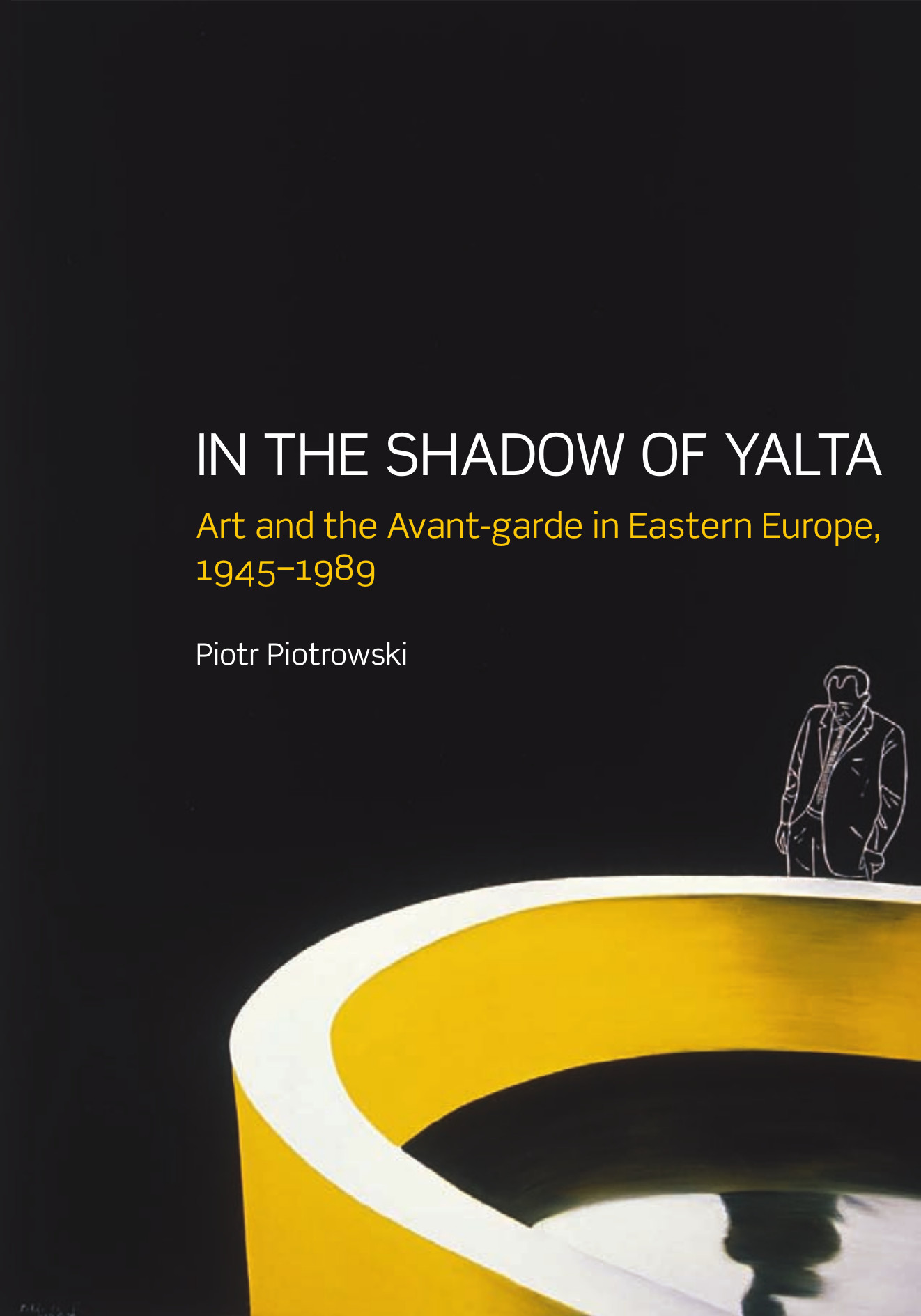Michael T. Saler: The Avant-Garde in Interwar England: Medieval Modernism and the London Underground (1999)
Filed under book | Tags: · 1920s, 1930s, 1940s, art, art criticism, art history, avant-garde, united kingdom

This book addresses modernism’s ties to tradition, commerce, nationalism, and spirituality through an analysis of the assimilation of visual modernism in England between 1910 and 1939. Specifically, The Avant-Garde in Interwar England explores the life of Frank Pick, managing director of the London Underground, whose patronage of modern artists, architects, and designers was guided by a desire to unite nineteenth-century arts and crafts with twentieth-century industry and mass culture. Saler demonstrates that modernism was widely associated in England with medievalism, and was also thought to have direct social, economic, and spiritual benefits for the nation.
Publisher Oxford University Press, 1999
ISBN 0195119665, 9780195119664
242 pages
PDF (updated on 2012-7-18)
Comment (0)Adorno, Benjamin, Bloch, Brecht, Lukács: Aesthetics and Politics (1977/1980)
Filed under book | Tags: · 1930s, 1940s, 1950s, aesthetics, art, marxism, politics

The most remarkable aesthetic debates in European cultural history, with an afterword by Fredric Jameson.
No other country and no other period has produced a tradition of major aesthetic debate to compare with that which unfolded in German culture from the 1930s to the 1950s. In Aesthetics and Politics the key texts of the great Marxist controversies over literature and art during these years are assembled in a single volume. They do not form a disparate collection but a continuous, interlinked debate between thinkers who have become giants of twentieth-century intellectual history.
by Theodor Adorno, Walter Benjamin, Ernst Bloch, Bertolt Brecht, and Georg Lukács
Afterword by Fredric Jameson
First published in 1977
Publisher Verso, London, 1980
ISBN 860917223, 902308386
221 pages
PDF (updated on 2020-12-10)
Comments (4)Piotr Piotrowski: In the Shadow of Yalta: Art and the Avant-garde in Eastern Europe, 1945-1989 (2005/2009)
Filed under book | Tags: · 1940s, 1950s, 1960s, 1970s, 1980s, art, art history, art theory, avant-garde, central europe, communism, east-central europe, eastern europe, southeastern europe, soviet union

“In the Shadow of Yalta is a comprehensive study of the artistic culture of the region between the Iron Curtain and the USSR, taking in Bulgaria, Czechoslovakia, Germany, Hungary, Poland, Romania and Yugoslavia. Piotr Piotrowski chronicles the relationship between art production and politics in this zone between the end of World War II and the fall of Communism, focusing in particular on the avant-garde.
Beginning with an analysis of Surrealism in Czechoslovakia, Poland and Hungary, Piotrowski then examines the evolution of Modernism against the backdrop of the decline of Stalinism. He follows with an account of the neo-avant-garde experience: the body art and conceptual art made during the volatile political circumstances of the 1970s, the times of ‘real Socialism’. The book concludes with an epilogue describing the end of the Communist system in East-Central Europe, and the art that served witness to that end. Alongside the portrayal of the frequently challenging art that was made in response to such difficult circumstances, the common threads that emerge from the narrative are the erosion of ideology, the rise of consumerism and the emergence of political pragmatism.
Featuring more than 220 images by artists frequently unfamiliar to an English-speaking audience, In the Shadow of Yalta is a fascinating portrait of the art made in an area and during a time of crucial importance to the development of Europe as we know it today. The book will have much to say to art historians, art critics, and students of art history interested in Central and Eastern European art, as well as general historians of the region.”
First published by Rebis, Poznań, Poland, 2005.
Translated by Anna Brzyski
Publisher Reaktion Books, 2009
ISBN 1861894384, 9781861894380
487 pages
Reviews: Katarzyna Murawska-Muthesius (Umění, 2007, repr.), Piotr Bernatowicz (Nordlit, 2007), Dorota Biczel Nelson (2008), Éva Forgács (ARTMargins, 2009, repr.), Magdalena Cześniak-Zielińska (Facta Simonidis, 2009, PL), Henning Küpper (kunsttexte.de Ostblick, 2010, DE), Andrzej Szczerski (Journal of Architecture, 2010), Pál Deréky (Balkon, 2010, HU), David Crowley (J European Studies, 2011).
PDF (updated on 2019-2-2)
Comment (0)
